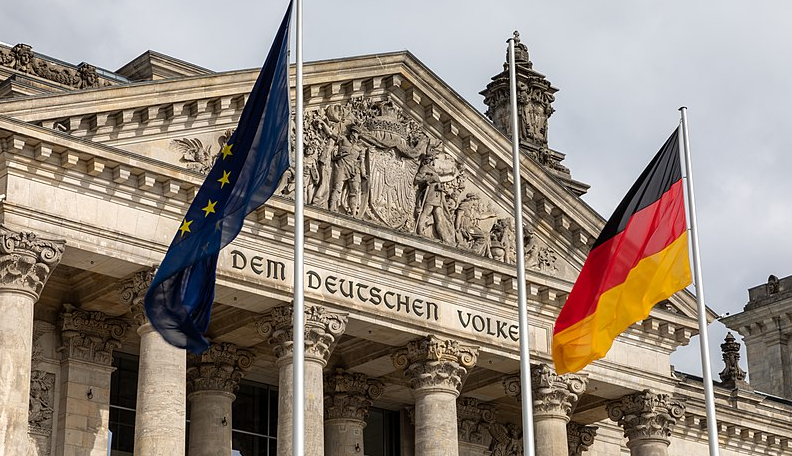Concerns have been raised about potential interference in Germany’s Bundestag election, with reports pointing to Russia.
Others are reading now
Germany’s upcoming Bundestag election on February 23 faces potential interference from Russia, with intelligence reports revealing that Russian operatives have spent €2 billion on disinformation campaigns in the past year.
A similar budget is expected for 2025, according to an investigation published by BILD on January 23.
According to the report, Russia uses a vast network of hundreds of thousands of fake social media accounts posing as real users. These accounts have been responsible for millions of posts aimed at defaming German politicians and influencing public opinion.
Also read
The campaign allegedly includes fake news websites, fabricated media outlets, image-based memes, and short videos designed to incite dissent and amplify support for pro-Putin sentiments within political parties like Alternative for Germany (AfD) and BSW.
Thomas Haldenwang, former president of the Federal Office for the Protection of the Constitution, addressed the issue during a Bundestag hearing, stating: “Russia is using its entire toolkit — from influencing domestic political discussions to cyberattacks on critical infrastructure and even sabotage.”
The scale of Russian operations extends beyond online disinformation.
Germany’s Interior Minister Nancy Faeser raised alarms on October 14, 2024, about the growing threat of Russian sabotage within the country.
Russian interference is not limited to Germany. Czech Foreign Minister Jan Lipavský reported in December 2024 that nearly 100 incidents across Europe last year were attributed to Russian hybrid operations, including espionage, cyberattacks, and influence campaigns.


